



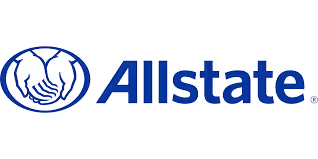
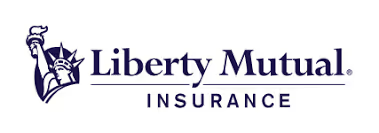

5-Star Valuation Services, Loved by Hundreds
Defensible appraisals for any legal or tax need.
Rather than relying on a single lead appraiser or fixed team, we maintain an extensive network of credentialed specialists, each with deep expertise in particular asset types and valuation purposes. This enables us to match every engagement with the right expert while delivering exceptionally fast turnaround times, even under the most demanding deadlines.
When you require a defensible appraisal you can trust, AppraiseItNow delivers.


Easy & Fast Online Appraisal Process
Our unique model allows us to meet super tight deadlines for tax filings, court dates, internal company project timelines.

Industry-Leading Appraisal Speed
Our unique business model means that we always have a credentialed appraiser available to work on your project, and we can meet obscure and short deadlines for tax filings, court submissions, internal projects, and more. Even if that means preparing your appraisal within 24 hours!

Any Asset Covered
This means that we can appraise any type of item including furniture, artwork, jewelry, business inventory, machinery & equipment, cars, boats, and more!

Servicing Enterprises & Individuals
Our company services anyone from an individual with a single couch to an enterprise needing contents of multiple offices or warehouses appraised.

Defensible for Any Purpose
Frequently Asked
Questions
No Frequently Asked Questions Found.
The essential mechanism involves policyholders paying regular premiums in exchange for financial protection against predefined potential losses. This risk management strategy allows people and organizations to navigate uncertain circumstances with greater confidence and stability.
Coverage operates across multiple dimensions, addressing diverse potential scenarios ranging from property damage to personal liability. The breadth and depth of protection depend entirely on the specific policy's terms, which outline precisely what circumstances and financial losses are eligible for compensation.
When evaluating insurance coverage, individuals must carefully assess their unique risk profile, considering factors like personal assets, potential liabilities, and financial vulnerabilities. Different types of insurance—such as property, health, auto, and liability policies—offer targeted protections designed to address specific potential challenges.
The value of comprehensive insurance coverage extends beyond immediate financial compensation. It provides psychological reassurance, enabling policyholders to pursue personal and professional activities with reduced anxiety about potential catastrophic losses. By strategically transferring risk, individuals can maintain financial resilience even when unexpected events occur.
Understanding policy details becomes paramount in maximizing coverage effectiveness. Policyholders should meticulously review limitations, exclusions, deductibles, and coverage limits to ensure their protection aligns precisely with their individual needs and potential risk exposures.
The primary purpose of an insurance coverage appraisal is to establish an accurate and current value of insured items. This valuation serves as a crucial benchmark for determining appropriate coverage levels and potential reimbursement in the event of loss or damage. Without a professional appraisal, policyholders risk significant financial vulnerability.
Accurate appraisals offer multiple strategic advantages. They help prevent underinsurance by revealing potential gaps between current market value and existing policy limits. Property values fluctuate continuously, and what was an appropriate coverage amount years ago may now be substantially different. Regular professional assessments ensure that insurance protection remains aligned with actual asset values.
For specialty items like fine art, jewelry, antiques, and unique collections, standard insurance valuations often fall short. Professional appraisals provide nuanced assessments that capture the true worth of these distinctive assets. This becomes particularly important when standard valuation methods cannot adequately capture an item's intrinsic or market value.
Moreover, a comprehensive appraisal serves as an objective documentation tool. In potential claim scenarios, these professional evaluations provide credible evidence supporting the claimed value of damaged or lost property. This documentation can be instrumental in expediting claims processes and preventing disputes between policyholders and insurance providers.
Beyond immediate insurance considerations, appraisals offer valuable insights into market trends and asset appreciation. They help policyholders make informed decisions about insurance coverage, potential investments, and long-term asset management strategies.
Ultimately, an insurance coverage appraisal is more than a bureaucratic requirement—it's a strategic financial tool. By providing precise, current valuations, these assessments empower property owners to protect their assets effectively and navigate potential risks with confidence.
Professional appraisers conduct an in-depth examination that considers several key elements: equipment age, operational condition, accumulated usage hours, specific brand and model characteristics, and current market dynamics. Each factor is carefully weighted to generate an accurate representation of the asset's true worth.
The appraisal process begins with a detailed physical inspection, where experts methodically evaluate the equipment's structural integrity, mechanical functionality, and overall performance potential. Maintenance records play a crucial role, offering insights into the equipment's historical care and potential longevity. Well-maintained machinery typically commands a higher valuation, reflecting the diligence of its previous owners.
Comparative market analysis forms another cornerstone of the appraisal methodology. Appraisers cross-reference the equipment against recent sales of similar machinery, ensuring the valuation reflects current market conditions and industry trends. This approach provides a nuanced, data-driven perspective that goes beyond surface-level assessments.
Different sectors leverage construction equipment appraisals for varied purposes. Contractors use these evaluations to make strategic decisions about equipment acquisition or disposition. Financial institutions rely on precise valuations to assess lending risks and determine appropriate financing terms. Rental companies depend on these assessments for fleet management and insurance purposes.
Ultimately, a construction equipment appraisal represents a complex intersection of technical expertise, market knowledge, and financial analysis. It provides stakeholders with a reliable, objective assessment that supports informed decision-making in an ever-evolving industry landscape.
Detailed digital assessments typically involve clients submitting high-quality photographs and comprehensive equipment specifications. Appraisers carefully analyze these submitted materials, examining equipment condition, age, operational history, and market comparability factors. This method allows for precise evaluation without requiring physical presence.
Interactive online appraisal options have expanded, leveraging video conferencing platforms like Zoom, Google Meet, and Skype. These live sessions enable real-time equipment examination, allowing appraisers to request specific angles, discuss unique features, and conduct thorough visual inspections with clients.
The digital appraisal process offers significant advantages, including dramatically reduced turnaround times and elimination of geographical constraints. Clients can receive professional assessments quickly and conveniently, without scheduling complex in-person meetings or incurring additional travel expenses.
Modern appraisal techniques incorporate advanced technological tools and professional expertise to deliver accurate, reliable equipment valuations. By combining detailed documentation, visual evidence, and professional analysis, online construction equipment appraisals provide comprehensive insights that meet industry standards and client expectations.
Certified general appraisers offer the broadest expertise, holding comprehensive licenses that enable them to assess virtually any type of heavy machinery. Their deep market knowledge allows for nuanced valuations of complex and high-value equipment, making them invaluable for comprehensive assessments.
Licensed equipment appraisers focus specifically on machinery valuation, developing deep expertise in construction equipment like excavators, bulldozers, and cranes. Their specialized knowledge ensures precise evaluations that account for industry-specific factors, regulatory compliance, and detailed condition assessments.
Industrial appraisers bring a strategic perspective, examining equipment within the broader context of manufacturing and construction operations. They excel at understanding how machinery integrates into industrial ecosystems, providing holistic valuations that consider operational capabilities and market positioning.
Cost approach appraisers utilize a methodical replacement value strategy, calculating equipment worth based on reproduction costs and accounting for depreciation. This approach proves particularly effective for new or unique machinery, offering a scientific basis for valuation.
Market approach appraisers leverage comparative sales data, analyzing recent transactions to determine fair market value. By examining factors like age, condition, and brand reputation, they provide insights that reflect current market dynamics and competitive pricing trends.
Auction appraisers specialize in evaluating equipment within the unique context of sales environments. Their expertise in predicting auction performance helps buyers and sellers understand potential market values, drawing from historical sales data and current industry trends.
Selecting the right appraiser depends on specific assessment needs, equipment type, and valuation objectives. Understanding these professional distinctions empowers businesses and individuals to make informed decisions about their construction equipment assets.
Financial decision-makers rely on equipment appraisals to understand the true economic landscape of their assets. By establishing precise market values, companies can make informed choices about equipment maintenance, replacement, and potential divestiture. These evaluations capture nuanced details about depreciation, current market conditions, and potential future value trajectories.
Insurance and risk management represent another crucial dimension of equipment appraisals. Accurate valuations ensure appropriate coverage levels, protecting organizations from potential financial vulnerabilities in case of unexpected equipment loss or damage. This proactive approach mitigates potential economic disruptions and provides a clear framework for claims processes.
Lending institutions and financial partners frequently require professional equipment appraisals when considering financing or leasing arrangements. A comprehensive, objective assessment provides credibility and transparency, potentially securing more favorable lending terms and demonstrating the organization's financial sophistication.
Tax planning and compliance represent additional significant benefits of professional equipment appraisals. Whether addressing charitable donations, estate planning, or annual tax reporting, precise valuations help organizations maximize potential tax advantages while maintaining regulatory adherence.
Strategic asset management emerges as a fundamental outcome of regular equipment appraisals. By tracking equipment value over time, businesses can develop more intelligent procurement strategies, anticipate replacement cycles, and optimize their capital investment approaches.
Ultimately, construction equipment appraisals transcend simple monetary calculations. They represent a holistic tool for financial strategy, risk management, and organizational planning, enabling more sophisticated and informed decision-making across multiple business dimensions.
Why Do Construction Equipment Appraisals Matter for Insurance?
Construction equipment appraisals are a critical component in safeguarding a construction business's financial stability and operational continuity. These comprehensive evaluations provide essential insights that extend far beyond simple asset documentation.
Key Benefits of Construction Equipment Appraisals
- Precise Insurance Coverage: Appraisals establish the exact fair market value of equipment, ensuring insurance policies provide comprehensive protection against potential financial risks.
- Comprehensive Risk Assessment: Insurance carriers rely on detailed appraisals to evaluate equipment condition, determine appropriate premium rates, and establish precise coverage terms.
- Streamlined Claims Processing: Accurate valuations expedite insurance claim settlements, enabling businesses to quickly replace or repair critical machinery with minimal operational disruption.
Strategic Financial Advantages
- Asset Valuation Tracking: Regular appraisals help construction companies monitor equipment value fluctuations, supporting strategic financial planning and budgeting.
- Investment Protection: By understanding current market values, businesses can make informed decisions about equipment maintenance, replacement, and upgrades.
Long-Term Business Impact
Equipment appraisals transcend mere documentation—they represent a strategic tool for managing complex financial and operational challenges. Through comprehensive valuation, construction businesses can:
- Maintain accurate insurance coverage
- Mitigate potential financial vulnerabilities
- Make data-driven equipment investment decisions
Ultimately, professional equipment appraisals are an investment in operational resilience, providing construction companies with the insights needed to navigate an increasingly competitive marketplace.
Key Factors Affecting Construction Equipment Value
Key Factors Influencing Construction Equipment Valuation
When appraising construction equipment for insurance coverage, understanding the critical determinants of value is essential for protecting your business investments.
1. Equipment Age and Condition
- Equipment age directly impacts depreciation and market value
- Wear and tear significantly affects operational efficiency
- Maintenance history is crucial in determining long-term value
- Operational hours and overall equipment condition are primary assessment metrics
2. Equipment Type and Market Demand
- Different equipment types have varying market values
- Heavy machinery (excavators, bulldozers) typically have different valuation metrics compared to light equipment
- Market demand fluctuates based on industry trends and project requirements
- Specialized equipment may command premium valuations
3. Brand and Manufacturer Reputation
- Established brands often maintain higher resale values
- Manufacturer reputation for reliability impacts equipment worth
- Technological innovations and model-specific features influence valuation
- After-sales support and parts availability are critical considerations
4. Economic and Market Conditions
- Construction industry cycles significantly impact equipment values
- National and local economic trends affect market pricing
- Supply and demand dynamics play a crucial role in equipment valuation
- Regional infrastructure development can influence equipment market
5. Modifications and Equipment Adaptability
- Custom attachments can enhance equipment utility and value
- Specialized modifications may increase or decrease market worth
- Versatility of equipment across different job sites is a key valuation factor
- Compatibility with emerging technologies can impact long-term value
Comprehensively evaluating these factors ensures a precise assessment of construction equipment value, providing critical insights for insurance coverage and asset management.
What Makes a Comprehensive Equipment Appraisal?
Key Components of a Comprehensive Equipment Appraisal
A comprehensive equipment appraisal is a critical process that provides deep insights into the value and condition of construction machinery, ensuring accurate insurance coverage and strategic asset management.
1. Detailed Equipment Inspection
The appraisal process begins with a meticulous physical examination that covers:
- Overall equipment condition
- Age and operational status
- Extent of wear and tear
- Comprehensive maintenance history
- Documented equipment modifications
2. Comprehensive Market Analysis
A thorough market evaluation involves:
- Analyzing comparable equipment sales
- Tracking current rental rates
- Assessing industry-specific demand
- Comparing equipment against recent market transactions
- Establishing a precise fair market value
3. Extensive Documentation Review
Critical documentation examination includes:
- Original purchase invoices
- Warranty agreements
- Previous appraisal records
- Maintenance logs
- Identifying depreciation trajectory
4. Replacement Cost Considerations
Beyond market value, appraisers evaluate:
- Current market replacement expenses
- Cost of acquiring equivalent equipment
- Potential technological upgrades
- Supply chain and manufacturing considerations
5. Regulatory and Compliance Assessment
A comprehensive appraisal addresses:
- Industry-specific safety standards
- Environmental compliance requirements
- Potential regulatory impact on equipment value
- Operational certification status
Ultimately, a comprehensive equipment appraisal serves as an essential strategic tool, providing nuanced insights that support informed decision-making for insurance coverage and asset management.
Navigating the Appraisal Process: A Step-by-Step Guide
Navigating the appraisal process for construction equipment can seem complex, but breaking it down into strategic steps can help you secure comprehensive insurance protection. Here's a systematic approach to guide you through the essential stages.
Key Stages of Construction Equipment Appraisal
- Identify Appraisal Necessity
- Evaluate equipment for new asset acquisition
- Prepare for insurance policy updates
- Support potential claim settlements
- Select a Qualified Appraiser
- Seek certified professionals with construction equipment expertise
- Prioritize appraisers familiar with your specific machinery type
- Consider their understanding of market conditions and depreciation
- Compile Comprehensive Documentation
- Gather purchase receipts
- Collect detailed maintenance records
- Retrieve previous appraisal documentation
- Prepare for Equipment Inspection
- Schedule convenient inspection time
- Ensure equipment is accessible
- Be prepared to provide additional equipment context
- Detailed Evaluation Process
- Appraiser assesses equipment based on:
- Make and model
- Age and condition
- Specific modifications
- Current market trends
- Appraiser assesses equipment based on:
- Comprehensive Report Review
- Carefully examine detailed equipment descriptions
- Analyze market value determinations
- Understand valuation methodology
- Insurance Coverage Optimization
- Consult with insurance provider
- Adjust coverage based on appraisal findings
- Ensure comprehensive protection against potential risks
Why Thorough Appraisal Matters
A meticulous appraisal process provides more than just a monetary valuation. It offers critical insights into your equipment's worth, helping you make informed decisions about insurance coverage, potential replacements, and long-term asset management.
By understanding and systematically approaching each stage of the appraisal process, you can protect your valuable construction equipment investments and maintain financial security.
Selecting a Qualified Construction Equipment Appraiser
Selecting a Qualified Construction Equipment Appraiser
Choosing the right appraiser for your construction equipment is a critical step in securing appropriate insurance coverage. A qualified appraiser brings expertise and experience to ensure that your equipment is accurately valued, providing you with peace of mind in case of damage, theft, or loss.
Key Factors to Consider
- Credentials and Certifications
Ensure that the appraiser holds relevant certifications from recognized professional organizations. Look for credentials such as:
- Certified Equipment Appraiser (CEA)
- Designated certifications from the Appraisal Institute
- Professional memberships in industry-recognized organizations
- Industry Experience
Seek an appraiser with extensive experience specifically in the construction equipment field. Key indicators of expertise include:
- Deep understanding of various equipment types
- Comprehensive knowledge of market trends
- Expertise in equipment depreciation calculation
- Market Knowledge
A top-tier appraiser should demonstrate:
- In-depth understanding of current market conditions
- Access to comprehensive comparable sales data
- Awareness of regional variations in equipment values
- Valuation Methodology
Inquire about the appraiser's approach to determining equipment value. Reputable professionals typically utilize:
- Cost approach
- Income approach
- Market approach
Understanding their methodology helps you assess the reliability of the appraisal.
- References and Testimonials
Validate the appraiser's credibility by:
- Requesting references from previous clients
- Reviewing testimonials
- Investigating any potential concerns raised by past clients
- Turnaround Time and Communication
Consider the following communication aspects:
- Expected timeline for appraisal report completion
- Responsiveness to inquiries
- Clarity of communication throughout the process
By carefully evaluating these factors, you can select a qualified construction equipment appraiser who will provide a thorough and accurate assessment to meet your insurance coverage requirements.
Avoiding Costly Mistakes in Equipment Valuation
Navigating Equipment Valuation: Strategic Approaches for Precision
In the complex landscape of construction equipment appraisal, precise valuation is not just important—it's critical for protecting your business investments and ensuring comprehensive insurance coverage.
Key Strategies for Accurate Equipment Valuation
- Master Asset Depreciation
- Understand both straight-line and accelerated depreciation methods
- Recognize how equipment age and usage impact market value
- Track depreciation trends specific to your equipment type
- Leverage Comprehensive Industry Standards
- Analyze equipment based on multiple valuation metrics
- Consider age, operational condition, and current market demand
- Use benchmark data to validate your equipment's worth
- Collaborate with Specialized Professionals
- Work with appraisers who specialize in construction equipment
- Seek experts with deep understanding of equipment-specific market dynamics
- Benefit from nuanced insights that generic assessments might miss
- Conduct Comprehensive Replacement Cost Analysis
- Calculate full replacement value of equipment
- Account for current market pricing and technological advancements
- Consider both direct replacement costs and potential upgrade expenses
- Maintain Meticulous Documentation
- Preserve detailed maintenance records
- Keep original purchase invoices and previous appraisal documents
- Create a comprehensive historical record of equipment performance
By implementing these strategic approaches, businesses can develop robust valuation processes that protect financial interests and provide clear, defensible equipment assessments.
Critical Considerations for Long-Term Asset Management
Effective equipment valuation extends beyond a single assessment. It requires ongoing diligence, regular reviews, and a proactive approach to understanding your assets' evolving market value.
Legal Frameworks Governing Equipment Appraisals
Navigating Legal Frameworks for Construction Equipment Appraisals
Understanding the legal frameworks governing equipment appraisals is critical for ensuring accurate, reliable, and legally compliant valuations. These comprehensive guidelines protect both appraisers and clients while maintaining the highest standards of professional practice.
Key Legal Frameworks in Equipment Appraisal
- Uniform Standards of Professional Appraisal Practice (USPAP)
- Establishes the gold standard for appraisal professionals across industries
- Defines ethical and performance obligations for appraisers
- Ensures objective, unbiased, and methodologically sound valuations
- Maintains public trust in the appraisal profession
- State Licensing and Regulatory Requirements
- Unique licensing standards for appraisal professionals in each state
- Defines qualifications and professional criteria for equipment appraisers
- Protects clients by ensuring appraiser competency
- Provides a framework for professional accountability
- Federal Regulatory Considerations
- Impacts equipment valuation in interstate commerce
- Influences depreciation and taxation methodologies
- Requires comprehensive understanding of federal tax codes
- Ensures compliance with national regulatory standards
- Industry-Specific Appraisal Guidelines
- Tailored standards for specialized sectors like construction
- Provides nuanced valuation criteria
- Enhances appraisal reliability and credibility
- Addresses unique equipment characteristics and market conditions
- Insurance Compliance Standards
- Specific criteria set by insurance providers
- Determines acceptable appraisal documentation
- Protects clients' investment through rigorous valuation processes
- Ensures comprehensive coverage and accurate risk assessment
Effectively navigating these legal frameworks enables clients to protect their equipment investments and obtain precise, legally sound valuations that meet professional and regulatory standards.
Understanding the Financial Impact of Accurate Appraisals
The Critical Role of Precision in Equipment Valuation
Accurate appraisals are fundamental to the financial strategy of construction businesses, serving as a critical tool for comprehensive asset management and risk mitigation.
Insurance Coverage Implications
Precise equipment valuation directly impacts insurance protection through:
- Preventing underinsurance that could expose businesses to significant financial risk
- Avoiding overinsurance that leads to unnecessary premium expenses
- Ensuring comprehensive coverage for potential equipment losses or damages
Financial Planning and Resource Allocation
Equipment appraisals provide strategic insights that enable:
- Informed decisions about equipment repair, replacement, or upgrading
- More effective budgeting and cash flow management
- Proactive asset lifecycle planning
Enhancing Business Credibility
Comprehensive and accurate equipment valuations offer significant advantages in:
- Building trust with potential lenders and investors
- Providing verifiable documentation of asset value
- Supporting financial negotiations and potential financing opportunities
Strategic Decision-Making
Detailed equipment appraisals empower businesses to:
- Understand current market value of assets
- Make informed decisions about equipment acquisition or liquidation
- Maximize return on investment
By prioritizing accurate equipment valuation, construction companies can develop a robust financial strategy that supports long-term growth and resilience.
Record-Keeping: Your Shield in Equipment Insurance
Effective record-keeping is a critical shield for construction businesses, protecting investments and streamlining insurance processes. Comprehensive documentation plays a pivotal role in equipment insurance valuations and claims.
Key Components of Strategic Equipment Record-Keeping
Purchase Documentation
- Collect and preserve original invoices and receipts
- Maintain detailed warranty information
- Establish clear proof of equipment ownership and initial value
Maintenance and Repair Tracking
- Create comprehensive maintenance logs
- Document service schedules and repair histories
- Demonstrate commitment to equipment preservation
- Substantiate ongoing equipment value
Usage and Operational Monitoring
- Track operational hours for each piece of equipment
- Monitor usage patterns
- Provide evidence for accurate depreciation calculations
- Support potential insurance policy adjustments
Comprehensive Inventory Management
- Maintain a detailed inventory of all equipment
- Include current appraisal values
- Ensure transparency in asset documentation
- Expedite claims processing
Strategic record-keeping transcends mere documentation—it's a proactive approach to protecting your construction equipment investments. By implementing a systematic record management process, businesses can navigate insurance complexities with greater confidence and clarity.
How Precise Appraisals Can Optimize Your Insurance Coverage
Understanding the Importance of Construction Equipment Appraisals for Insurance
Safeguarding your construction equipment requires more than just standard insurance coverage. A precise appraisal is a critical tool for optimizing your insurance protection and financial strategy.
Key Benefits of Accurate Equipment Appraisals
- Precise Value Assessment: Qualified appraisers conduct comprehensive evaluations considering:
- Equipment condition
- Current age
- Operational usability
- Market trends
- Financial Protection: Prevents risks associated with under and over-insurance
- Claims Processing: Provides documented evidence for faster, more accurate claims
Avoiding Insurance Pitfalls
Insurance coverage for construction equipment requires a delicate balance. Inaccurate valuations can result in two significant financial risks:
- Underinsurance: Insufficient coverage leading to substantial out-of-pocket replacement expenses
- Overinsurance: Unnecessarily inflated premium payments
The Comprehensive Appraisal Advantage
A detailed equipment appraisal serves multiple strategic purposes:
- Provides an objective market value assessment
- Supports accurate insurance policy negotiations
- Facilitates smoother claims processing
- Enhances overall risk management strategy
By investing time in a comprehensive equipment appraisal, you protect your assets, optimize insurance coverage, and ensure financial security for your construction business.
Expert Answers to Your Construction Equipment Appraisal Questions
When securing insurance for construction equipment, an accurate appraisal is crucial for protecting your business investment. Understanding the nuanced details of equipment valuation can help streamline your insurance process and ensure comprehensive coverage.
Understanding Construction Equipment Appraisals
A construction equipment appraisal is a professional assessment that determines the fair market value of your machinery. This comprehensive valuation considers multiple critical factors to provide an accurate representation of your equipment's worth.
Key Valuation Considerations
- Age and Mechanical Condition: Equipment depreciation directly correlates with age and overall maintenance history
- Market Demand: Current industry trends and economic conditions significantly impact equipment value
- Operational Usage: Total operating hours and intensity of previous work environments
- Brand and Model Reputation: Manufacturer reliability and equipment performance history
Purpose of Equipment Appraisals
Insurance companies rely on professional appraisals to:
- Determine accurate replacement or repair costs
- Establish appropriate coverage levels
- Prevent underinsurance or overinsurance scenarios
- Create a documented record of equipment value
Professional Appraisal Process
Professional appraisers typically conduct comprehensive evaluations through:
- Detailed on-site physical inspections
- Thorough review of maintenance and operational records
- Comparative market analysis
- Standardized industry valuation methodologies
Strategic Equipment Valuation Benefits
By understanding and proactively managing equipment appraisals, business owners can:
- Optimize insurance coverage
- Protect substantial capital investments
- Maintain accurate financial documentation
- Streamline potential insurance claim processes
Taking a strategic approach to equipment appraisals ensures your construction assets are accurately valued and comprehensively protected.
View all Locations
APPRAISEITNOW APPRAISERS ARE BEST-IN-CLASS & CREDENTIALED BY LEADING APPRAISAL ORGANIZATIONS LIKE THE ISA, ASA, & MORE.






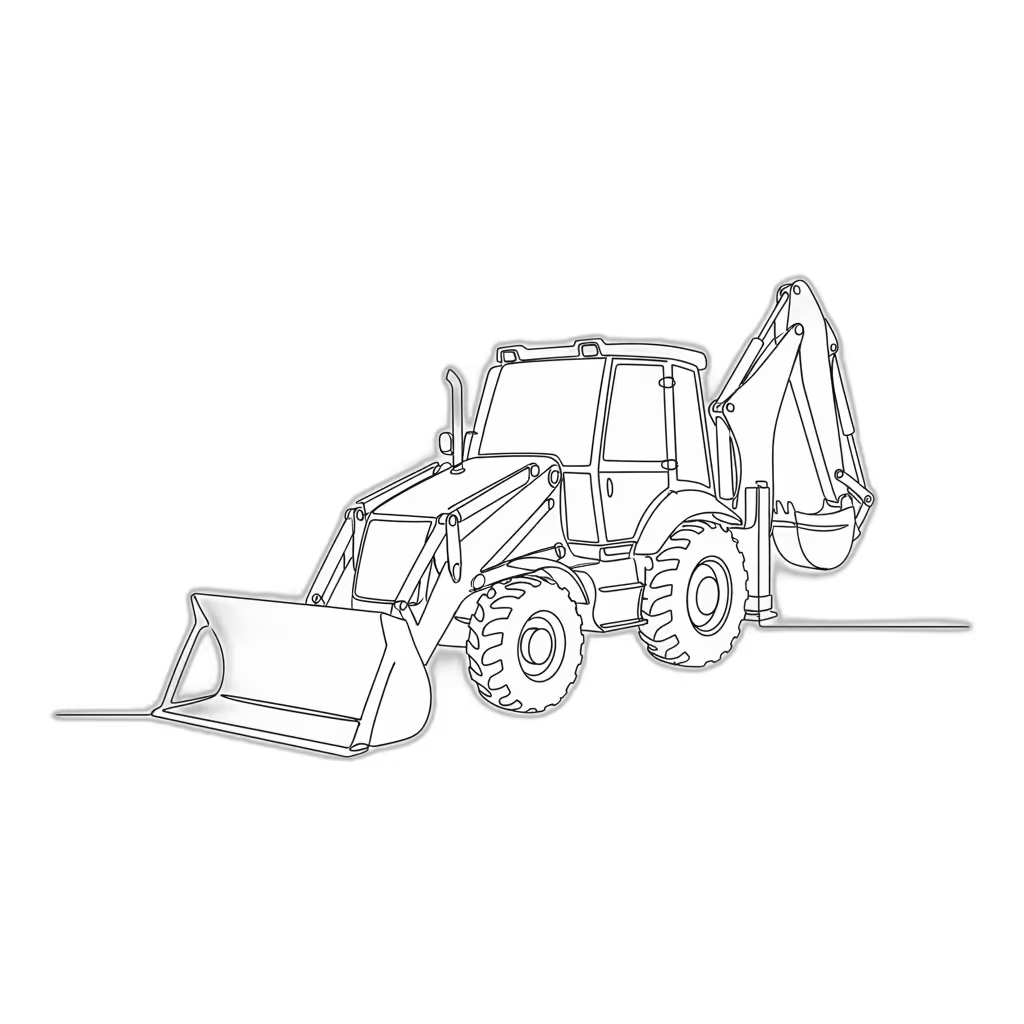
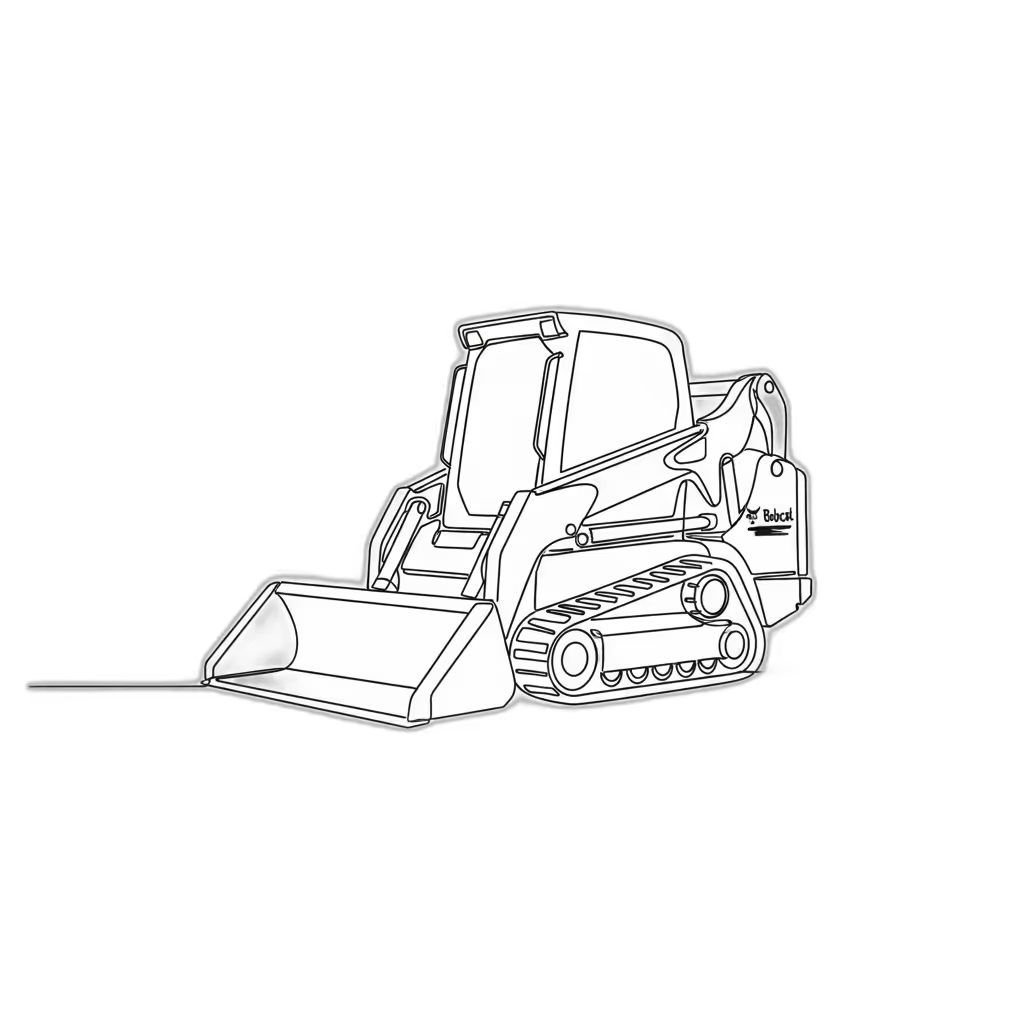
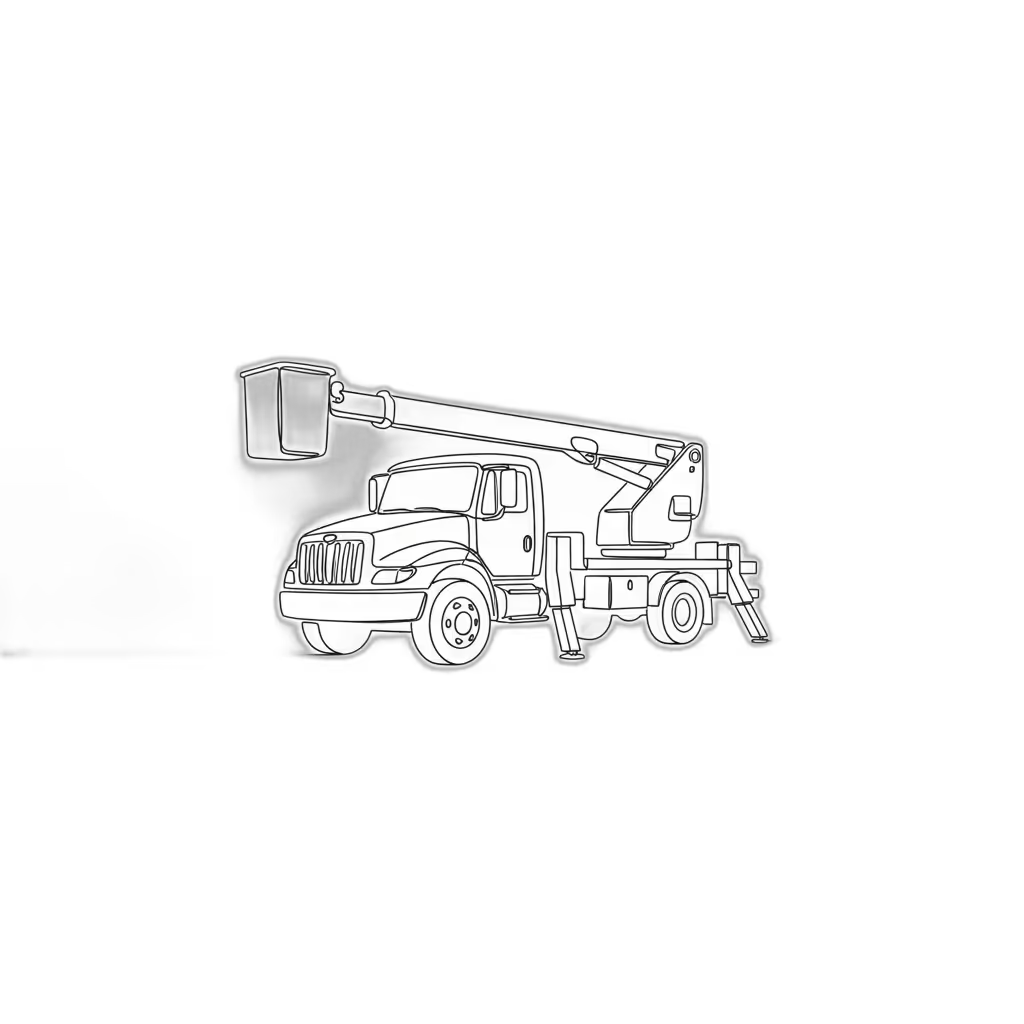
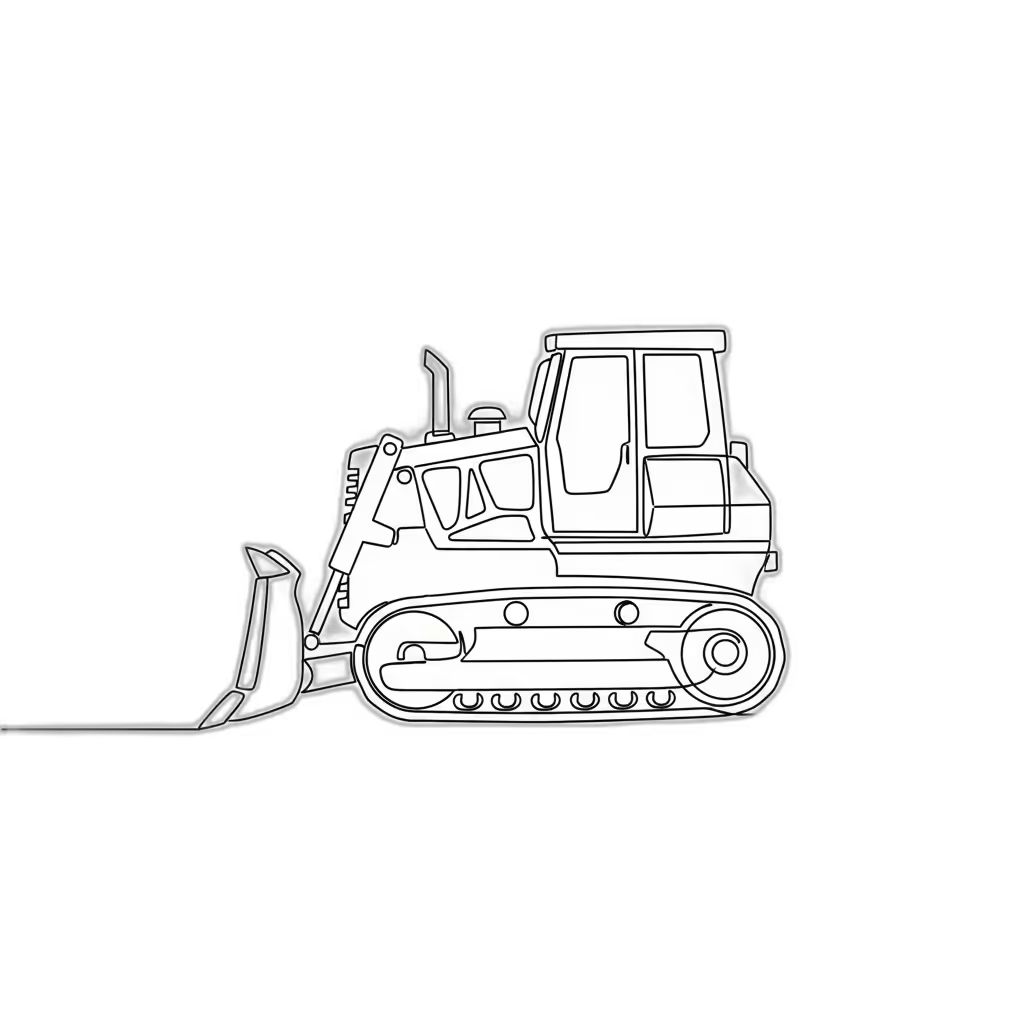
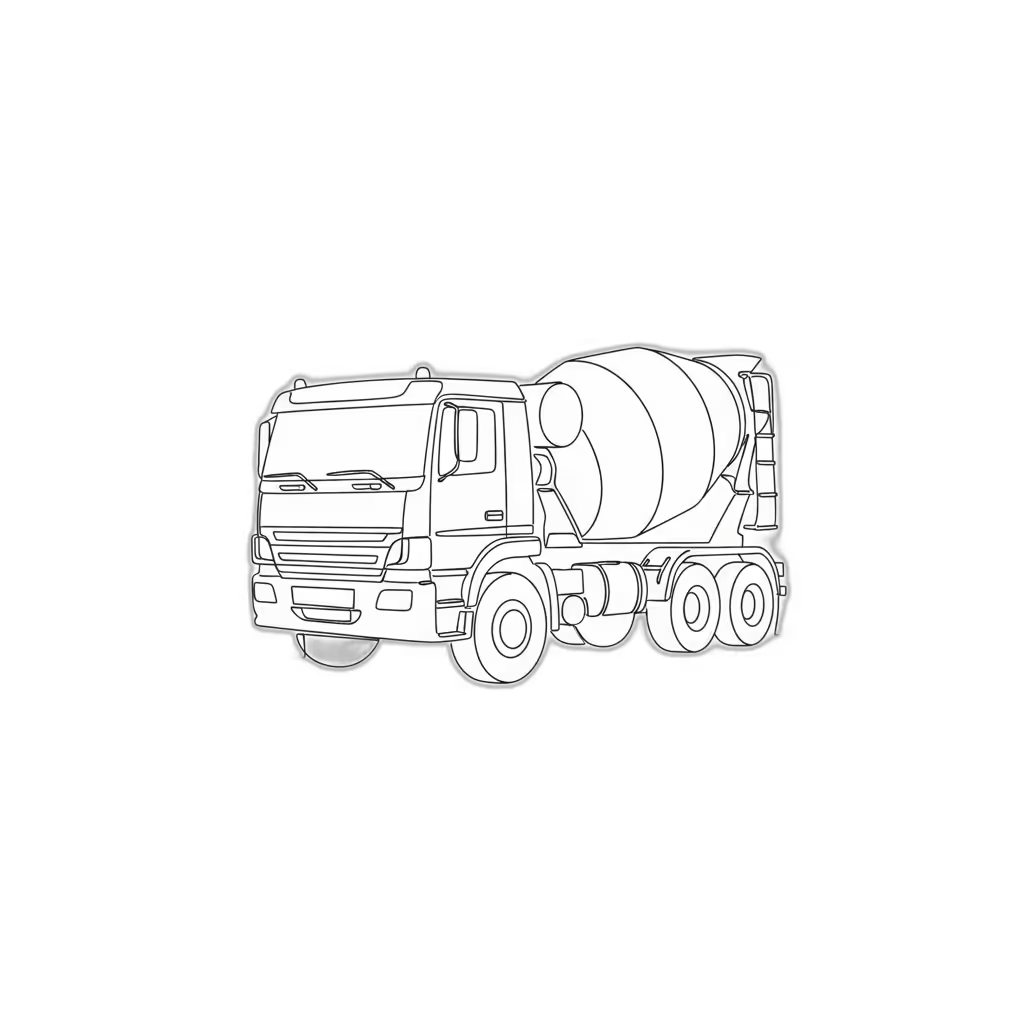


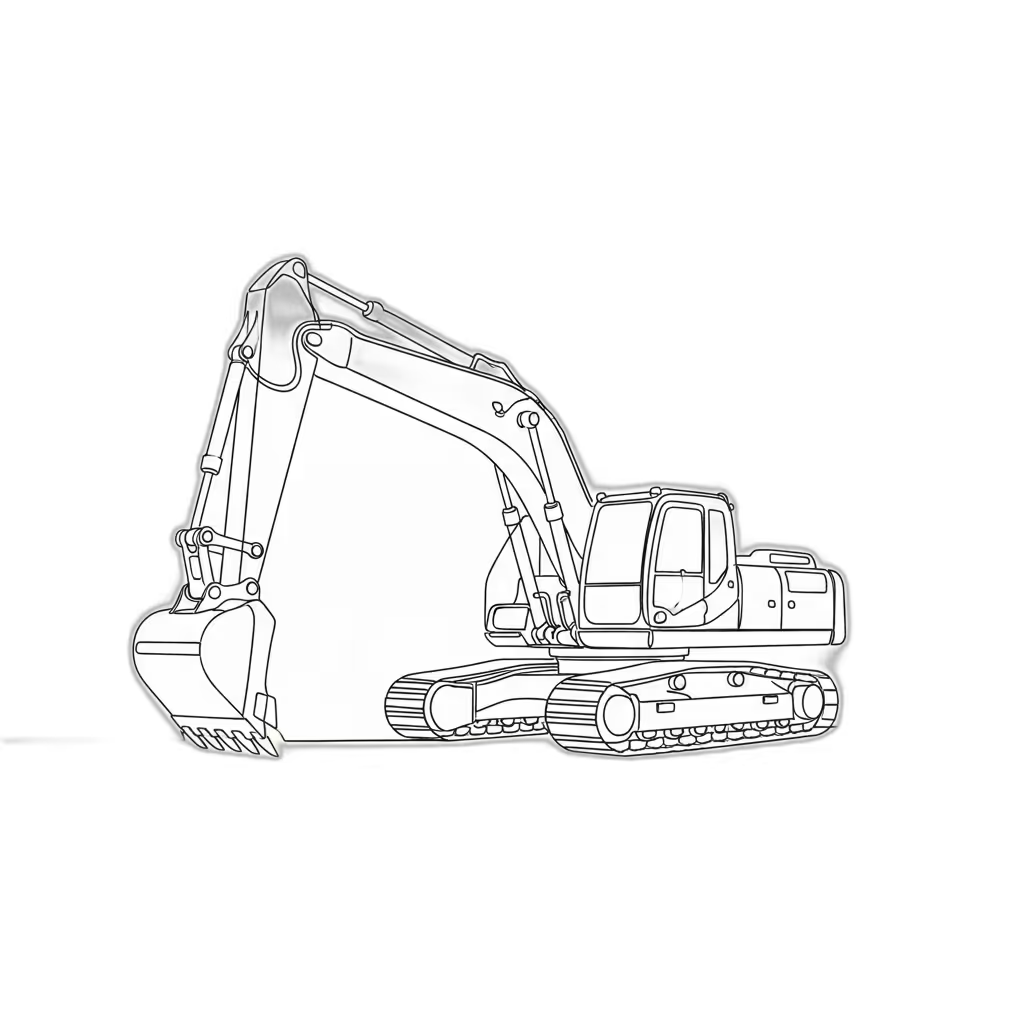
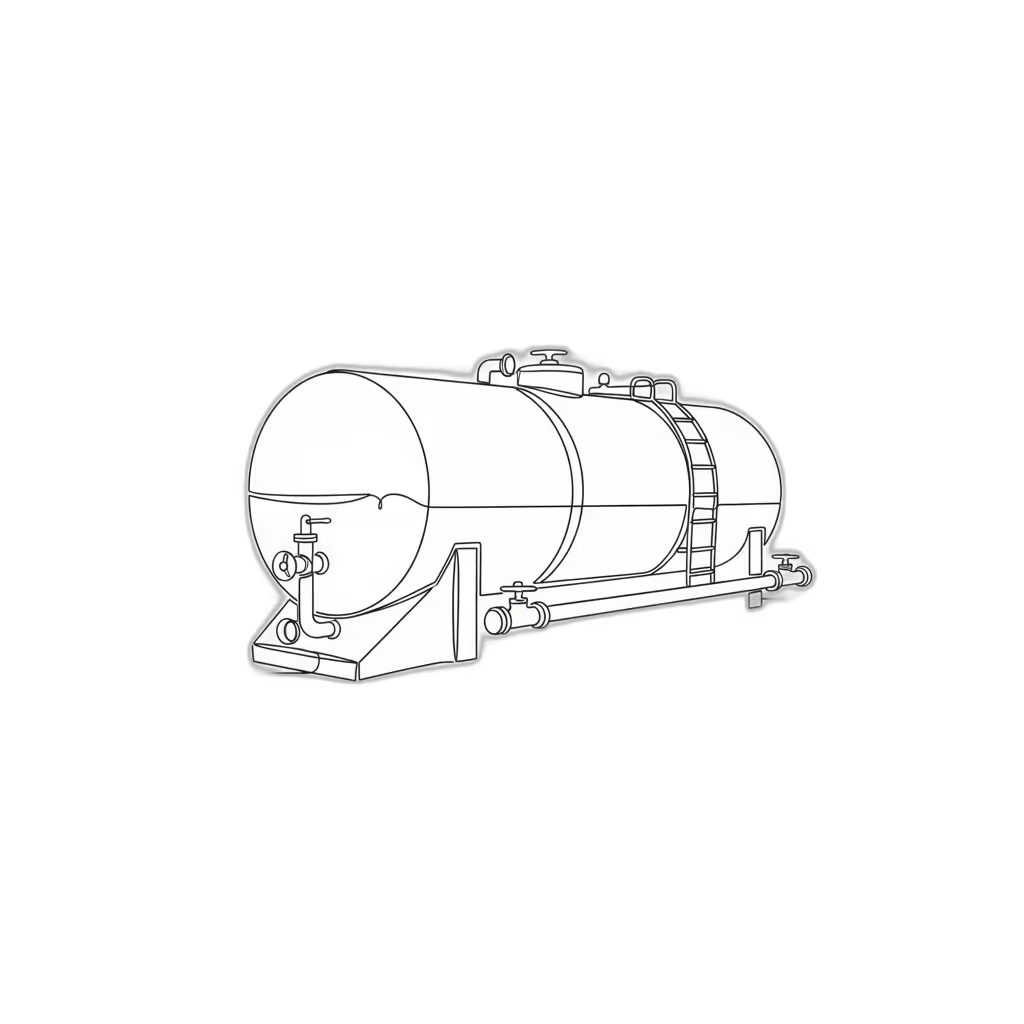
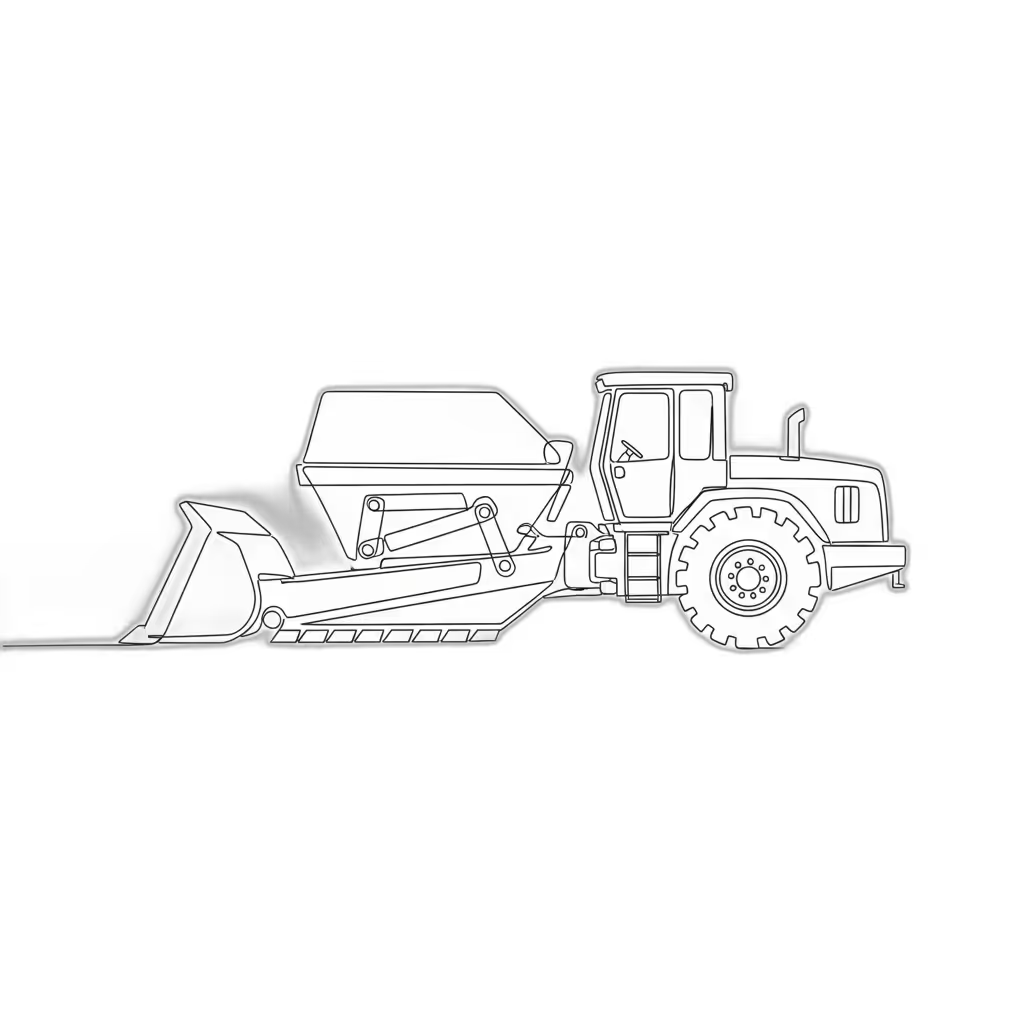
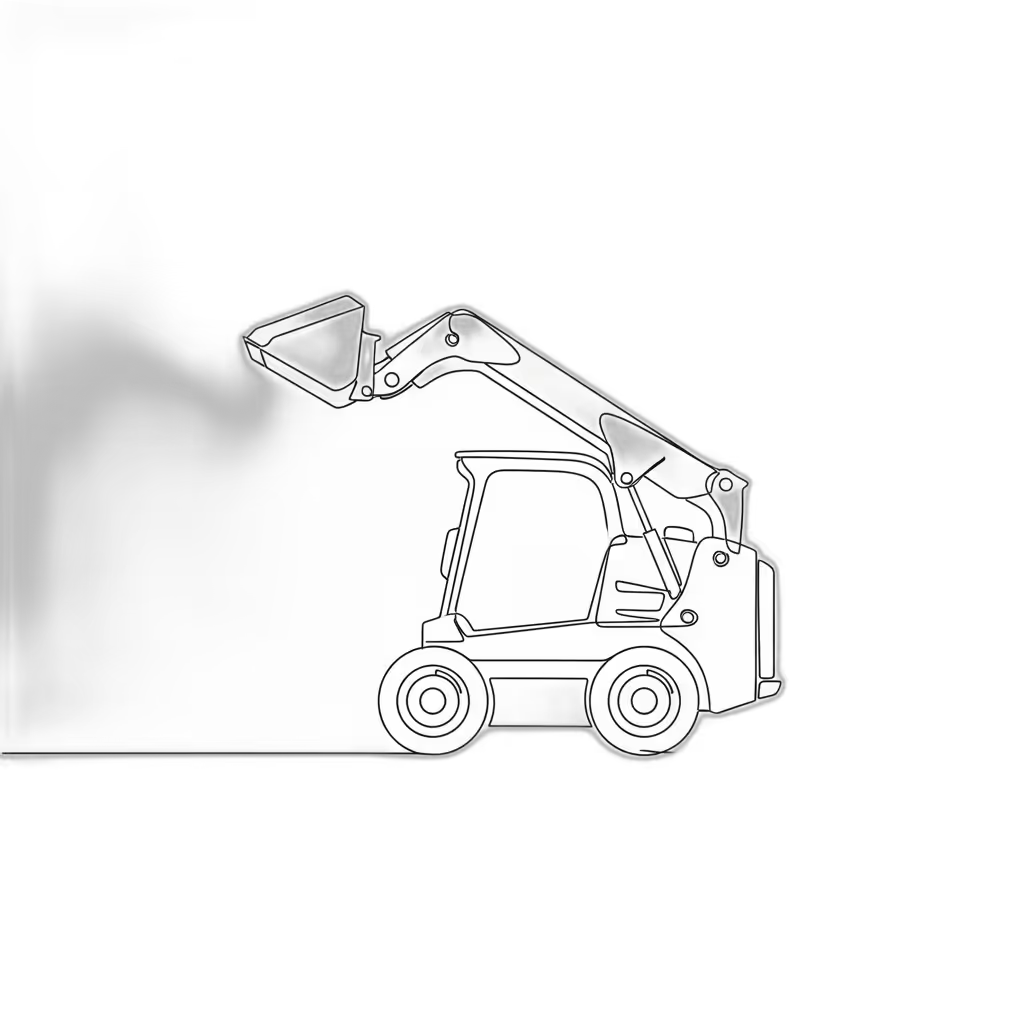

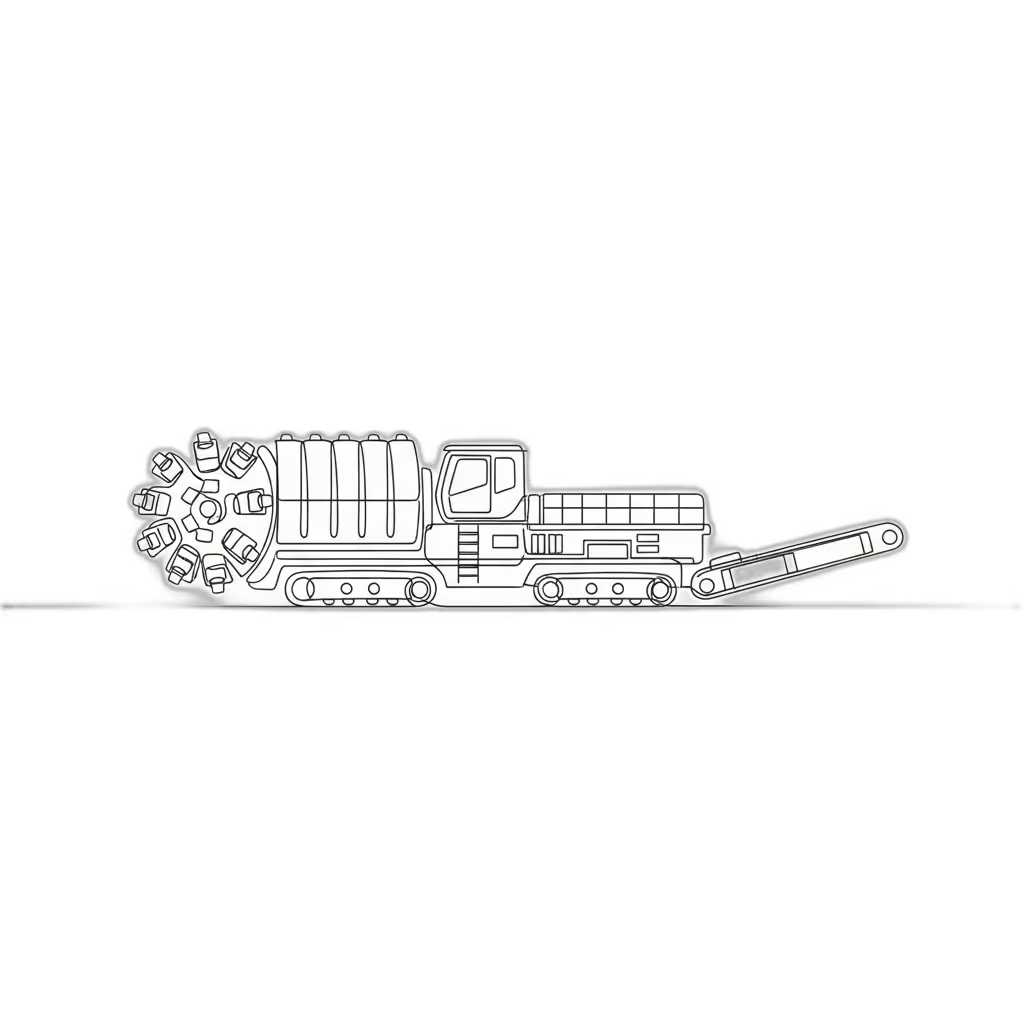
.svg)








